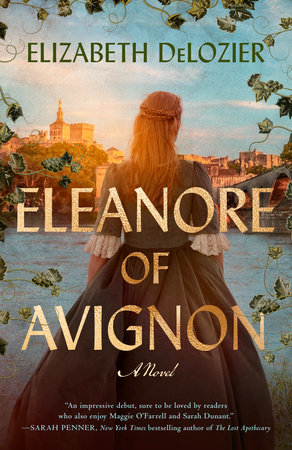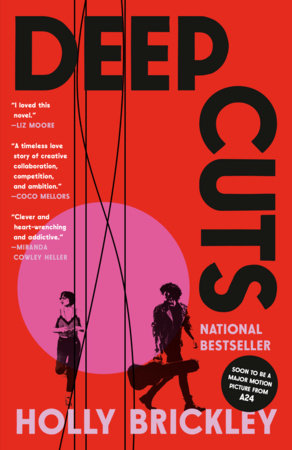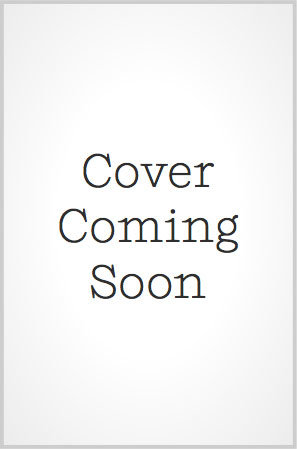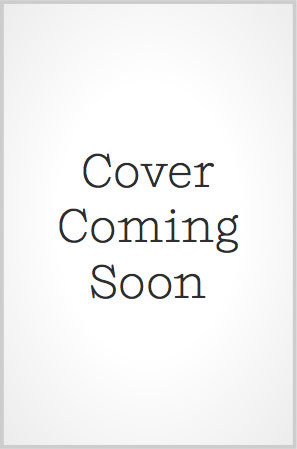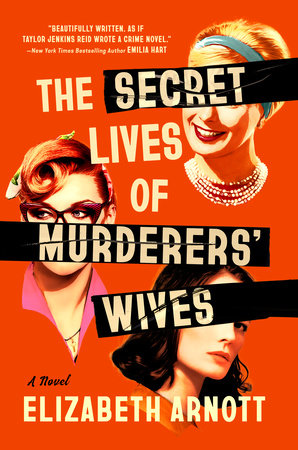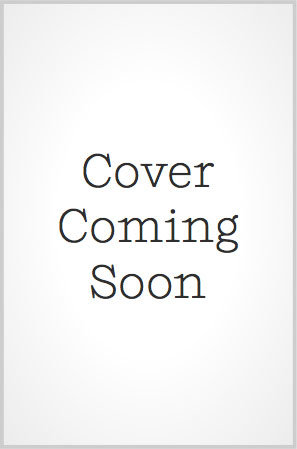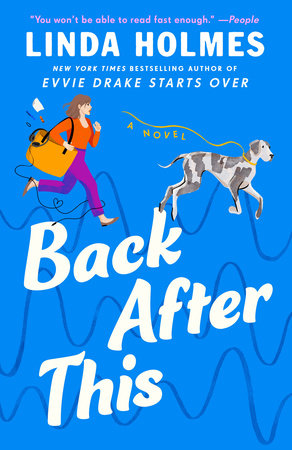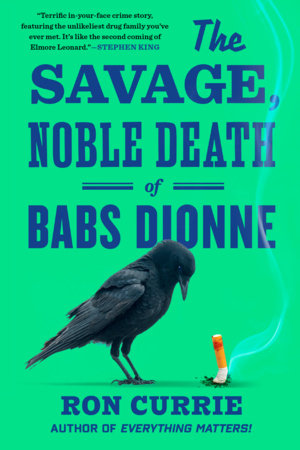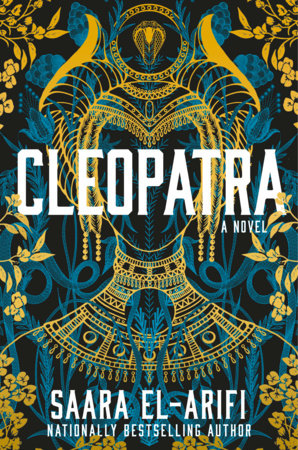1) Can you tell us how you became a writer and journalist?
It’s a long story–to make it brief, I started out as a physical education teacher (a job I loved) and was quite involved with two innovative projects at the time: fitness for women and perceptual motor development in children. A man was starting a new magazine in Canada at about the time I was pregnant with our third child and wondering what I would do while staying at home with the children. My friend Anna Hobbs gave the man my name as a potential contributor to the magazine. He hired me as a “special projects writer” which was a huge surprise to me and I started writing stories for the launch issue. The magazine was called Canadian Living!
2) Charlotte’s story must have percolated in your mind all your life. When did you know it was time to write this book?
In 1992, while I was editor-in-chief of Homemaker’s Magazine, I wrote an editorial about Charlotte Taylor to mark women’s history month. To my great delight I heard from relatives of Charlotte Taylor from all over the world–the U.K., Kenya, Saudi Arabia, the U.S. and all over Canada. I knew then that I would write this book and wrote back to all of them asking for any material they might have about our ancestor. I thought I would start soon after that but I kept being sent off to cover zones of conflict in Bosnia, Somalia, Rwanda, the Middle East, Afghanistan etc. So I kept gathering data and finally, in the summer of 2004 decided to take time off my journalism work and tackle the manuscript.
3) How did you conduct the research for this book? What was the most exciting piece of history you uncovered?
The initial research was through family archives. Since Charlotte had three husbands and ten children there is a rich supply of anecdotes. There is a lot of material in the New Brunswick archives and in history books about the area, including the work of explorer Nicolas Denys and historian William Ganong. But then the really tough slogging began. It felt like every time I wrote a sentence it led to a research question. For example–they left England by ship. What did the ship look like? How long would it take to sail from England to the West Indies? How did they live on the ship? What did they eat? What would a mid-Atlantic storm be like? I depended on the internet to find these details. I also consulted a sailor, a botanist and a food historian and others to make sure my assumptions were correct.
What surprised me? Nearly everything. But overall, the size of the challenge of surviving during that time.
4) Can you tell us about the process of taking the story of a real person and fictionalizing it?
I wrote the first draft in non-fiction because I wanted to contribute to the history of New Brunswick and add the lives of women to the accounts of the past. Once finished, I realized that the dialogue I’d written and the fictional bridges I needed to create to get from one known fact to another were too much for a work of non-fiction. So it was with some relief that my editor and I decided to switch to fiction and let the story tell itself without fear of controversy.
5) Aside from Charlotte, who is your favourite character in this book, and why?
Aside from Charlotte, Wioche was my favourite character (although I did thoroughly enjoy creating the wily Will MacCulloch.) I spent a great deal of time with Gilbert Sewell, the Mi’kmaq storyteller, in Northern New Brunswick, trying to bring verite to the life of Wioche. We tramped through the woods, plucked berries and leaves, sat by Pabineau Falls and immersed ourselves in what would have been the times and troubles of Wioche.
6) As a journalist, you’ve earned a reputation as an advocate for the rights of women. How did that perspective influence your work on this story of your famous family matriarch? And to reverse the question, did her life influence your career?
This is a good question. Many people I know have made comments like “the apple didn’t fall far from the tree.” Certainly as a girl growing up I was influenced by the stories told by my relatives about Charlotte. I liked having such a woman in my family tree and wore her like a badge. But to be fair, I don’t think I would have had the gumption to face what she had to deal with and wonder if I wouldn’t have been on the first ship back to England. Having said that, I am delighted that Charlotte’s story broadens the history of the strong courageous women who settled this land.
7) Are there any tips you would give a book club to better navigate their discussion of your book?
Follow the threads. That’s what I did when I tried to figure out what she did and how she managed. Check dates and events and come to your own conclusions about how she loved and lived. I purposefully left some mystery for the reader to discover.
8) What question are you never asked in interviews but wish you were?
After meeting with dozens of book clubs, I doubt there’s a question I haven’t been asked.
9) Which people have been most influential to you in your career, both as a journalist and a novelist?
I’ve been fortunate to have been influenced by many people. June Callwood and Doris Anderson were both mentors and dear friends. I remember, when starting out on this manuscript and worrying about the size of the task, June telling me that soon enough I would get up in the morning, turn on my computer and Charlotte would be waiting for me on the screen, just like an old friend. She was right of course. Doris Anderson was one of those marvelous women who could pump you up with equal parts confidence and challenge, and stick with you while you navigated the sometimes churning waters of your task.
13) If you weren’t a writer or a journalist, what would you want to do for a living? What are some of your other passions in life?
I like fixing things–turning wrong to right. Whether writing about injustice or delivering a speech about it, I feel that’s what I’ll continue to do because it gives me a sense of worth and purpose, and heaven knows it’s a topic that presently seems an endless source of work.
14) If you could have written one book in history, what book would that be?
Stick around. I’ll write that book yet!






